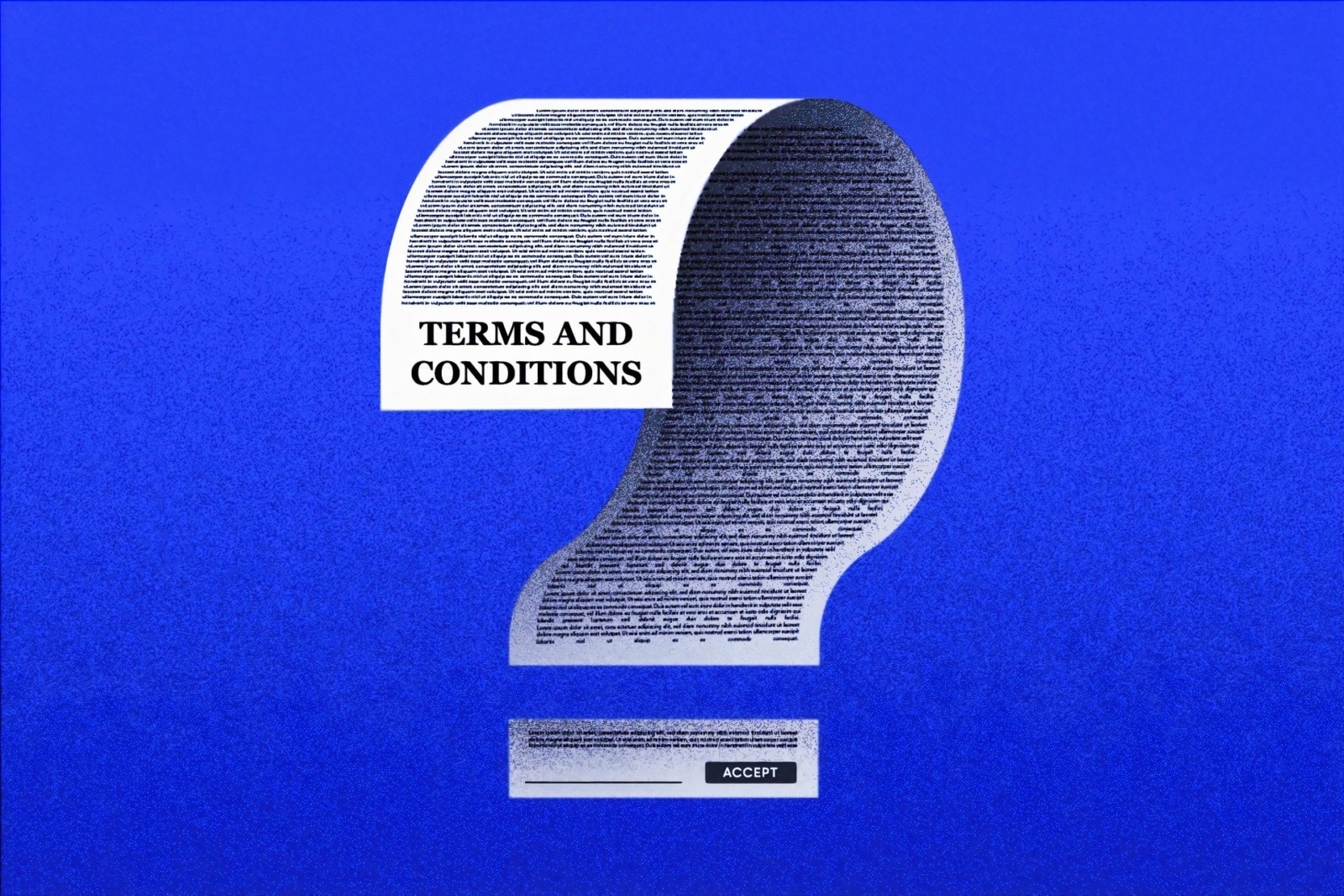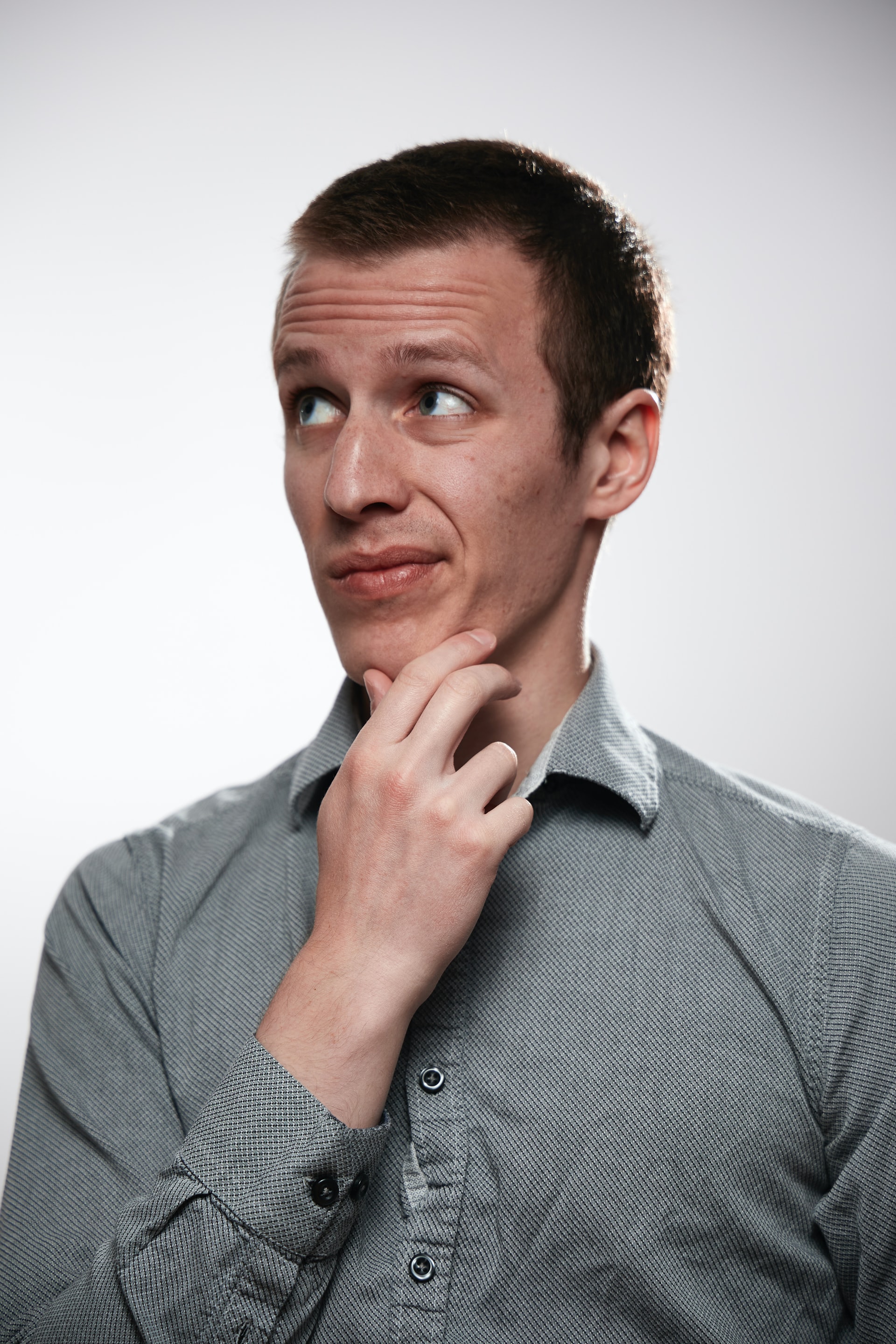Preface for the Conditions of Life
In the following essay there are three issues for the conditions of life that will be discussed. One of these issues is capital punishment, which will be the main focus of this paper. Two other issues that will be examined herein are euthanasia and the failure of the government to provide the necessities of subsistence. It is an obligation of the government to provide subsistence, not only morally, but also because the government has agreed to follow subsistence guidelines presented by the United Nations. The definitions herein provide the basis for the terms they represent in this essay.
In the following essay Subsistence shall mean: “The standard of living adequate for the health and well-being of oneself and of one’s family, including; food, clothing housing, medical care and necessary social services, and the right to security in the event of unemployment, sickness, disability, widowhood, old age or other lack of livelihood beyond his control,” as guaranteed as a right in the Universal Declaration of Human Rights, Article 25.
In the following essay Euthanasia shall mean: “The deliberate painless taking of life of person who suffer from a painful or incurable disease or condition, or who are age and helpless” as defined by New Lexicon Webster’s Encyclopedic Dictionary of the English Language.
In the following essay Capital Punishment shall mean: The Penalty of death, which may be imposed a violator of the laws of a country. This penalty usually being imposed on criminal who has committed an indictable offence thought to be unpardonable and undeserving of rehabilitation privileges.
I shall argue that euthanasia, capital punishment and the rights to subsistence are interconnected issues. Where rights to subsistence are not protected, instances of euthanasia can certainly increase. As well, if the rights to subsistence were guaranteed by the state, then harsh penalties, such as capital punishment would not likely have popular support. These issues are very much related to each other. Therefore, they must be discussed in the same dialogue of review. For example, the results of crime and poor health bring to society the burden of dealing with punishment and suffering; such as the death penalty and euthanasia or random deaths.
I will formulate my main argument, by employing the use of other supporting clauses that sustain and reinforce it. This paper has three paper; three arguments that are directly related. These claims are that: the religious reasoning against capital punishment; an argument from the ethical and moral consequences that euthanasia will have on the community at large; an argument from the negative effects of the failure of a country’s government to fulfill its obligation to ensure subsistence by providing the necessities of existence. The one common thesis that binds these arguments together is that capital punishment, euthanasia and the failure to provide basic subsistence for citizens inevitably leads to an unnecessary increase in the rate of deaths. Let us assume that society should strive to prolong the lives and life spans of its citizens. Therefore, any activity that leads to an earlier death must not be permitted. This essay will deal with each of these arguments in turn and attempt to establish their interconnection / interrelatedness.
Is indifference to people dying, as a result of starvation and the like, actually a form of acceptance? While asking this question and posing this query, it must be noted that “silence of most should not be taken as absence of opinion” (Melton, 1989; xiii). It must also be asked if one displays indifference or apathy in cases of where people are dying by whatsoever method, is not in fact the same as taking on the role of the aggressor and assistant of such deaths. What is the major difference between allowing someone to die by starvation or by execution, or suicide? The result is the same, even though the method or behavior of the actors may seem to vary. “Where the motive and intention is the same, the distinction between taking a life and letting one die is without moral significance” (Steinbock, 1994; 26). If we know something to be wrong, then we should not accept it in any form or allow it to occur in any way.
We should not rightly allow people to starve to death, by withholding available food, for the purpose of maintaining the current market price for staple foods / commodities; whether currently traded stuffs or options / futures. This argument is valid as it pertains to the moral basis of a state whereby we will not allow people to commit suicide. Justification of the former is consistent with the latter. An argument that would attempt to justify the first noted process of apathy, while condemning the second option, is contradictory and perhaps not worthy of consideration or exploration. The result of either and / or both forms of indifference to the value of human life is shockingly the same, even though the methodology may seem to vary.
The basis for the argument against capital punishment in this essay is Judaeo-Christian doctrines. These guidelines will be used in the evaluation herein because they form the basis / building blocks for our legal system / laws in our society and for the majority of the world’s population. This set of principles seems to purport that it is wrong for one to take one’s own life and / or that of another person. The Judaeo-Christian religious principles instruct us that no person may take the life of another person. No one can, therefore, be allowed to commit suicide.
Let us examine the taking of life in accordance with the Bible (Old and New Testaments). It is clearly stated, Romans 12:19-21, “that the individual Christian has no right to punish violators of the judicial codes but is rather to repay evil with good” (Melton, 1989; 87). Though it says in Exodus 21:04 and in other places in the Old Testament, “An eye for an eye and tooth for a tooth”, it must not be taken or perceived to mean that if someone pokes out your eye that you should or must do the same to that person. Interpreting and acting upon a literal reading of the text would lead to absolute chaos and anarchy. If it is believed that the threat of punishment, such as corporal or capital punishment, is a deterrent to crime, then it must be noted that: “Throughout the ages, however, the death penalty had not been a deterrence to crime, even the crime of slaying” (Melton, 198: xiv). Moreover, “the commission of a homicide by the state merely increases the level of violence, rather than teaching citizens not to slay” (Melton: 1989; xv).
As well, the punishment for cursing parents must be closely examined; where it is written in Exodus 21:17, “And he that curseth his father or mother, shall surely be put to death (The Holy Scriptures, 1957: 59). If, however, any or all parents put their progeny to death when they were so cursed, then an extremely great amount of offspring would join the deceased. To put to death one’s own issues for disobedience to parents surely seems to be a greater crime, from an ethical perspective, then to curse someone, which seems to be somewhat fictitious from a modern perspective.
Nevertheless, it is believed that we must follow these commandments. It is interpreted to mean that failure to do so is a sin, which would likely result in some prescribed punishment. It is commonly believed, by many followers, of these doctrines that this punishment may be inflicted by G-d or by human beings.
The Bible is used in our discussion, as it has provided the foundation for most of our present day laws and formed the basis for the prevalent legal systems in modern democracies. It lends great defense against the taking of life for any reason, except in such a situation where one violates the laws stated therein, or in the case of zealotry to avoided capture by unworthy conquerors. This is again a contradiction in terms of logic. If we know something to be wrong among mortals, then how can we properly justify it in any circumstances, in a modern society?
In the case of capital punishment, we are not acting in concurrence with the seeming words of Jesus, (John 8:3-11) in the case of the woman who had been accused of committing adultery and was subsequently brought to be stoned and saved from punishment, when Jesus was said to have proclaimed, “He that is without sin among, let him cast the first stone” (Melton: 1989; xx). The reasoning utilized by the champion of the text is very logical. The woman was not stoned by her accusers. The people who were about to stone her may have suddenly realized that that they were not persons who were without sin who likewise could not rightly pass judgment upon the accused woman. Let us now assume that the accused woman was certainly guilty of the crime of adultery. If death was to be her punishment, then she certainly could not repent for her transgression or hope to prove herself as being worthy of being a good citizen. Even more, what if the woman was not guilty of the crime of which she was excitedly accused and it was later found out the unsubstantiated accusation was in fact false. If the woman was innocent of the crime, then her executioners would not only be guilty of taking her life, but would have no justification for their so-called carrying-out of justice. It should be noted that adultery / infidelity was still considered a crime in modern day democracies until recently.
We will now examine the Judaic view, as it seems to relate to capital punishment. It cannot be rightly used as an argument that contemporary Judaism agrees with capital punishment, when in 1959 the Union of American Hebrew Congregations officially opposed capital punishment. This opposition was rooted in the fact that “the resort to or continuation of capital punishment, either by a state, or by the national government, is no longer morally justifiable” (Melton, 1989; 143). When the Biblically depicted ‘Cain slew Abel’, as recorded in the Book of Genesis, G-d did not take the life of Cain nor order anyone to do so to punish his actions. Rather, ‘G-d calls upon calls out to Cain and inquires about whereabouts is his brother’, even though it is obvious to any reader of the text and certainly known to the Lord that Cain slew Abel. Cain curses himself and deems that ‘whoever shall find him should slay him’ (Genesis, 4:14). The Lord proclaims: “Therefore whoever slayeth Cain, vengeance shall be taken on him sevenfold” (Genesis, 4:15).
Therefore, according to the Bible to administer capital punishment, even for capital offenders, is wrong. It cannot logically be argued that in reference to the Bible that one person should take the life of another, even when seemingly appointed to do so by the government. If one were to argue in favor of capital punishment, then one would need to fairly consider that its administration is contradictory in principle, because the effect of its execution degrades the morality and moral standards of the very society that it seemingly meant to protect.
It could, however, be persuasively argued that capital punishment is necessary as a threat of punishment for committing a capital crime. This attitude is often termed as being a deterrent or a warning against recidivism. This claim, however, is invalid as a practicality of social behavior in contemporary society. It was argued earlier in this paper that the death penalty has not been a successful deterrent to crime, even to capital crimes. It may confidently be argued that the death penalty is necessary to seemingly make the punishment fit the crime. One must consider that the laws in modern day democracies are based upon the Bible. We cannot, therefore, rightly say that humans have the authority to inflict everlasting punishments upon other human beings. This is because the only true sovereign in any dominion is the Lord. Society may choose to assume the role of the punisher in place of the Divine. It must then be pondered – at which point do humans beings decide that it is correspondingly the role of the Divine to intervene in human affairs to administer justice.
Throughout history humans have permitted capital punishment and ‘duels’ / ‘draws’ in the Old West. This behavior has been allowed, while relying on the justification / claim that a said person broke / contravened a religiously mandated law or ordinance. Members of the general population of humanity, however, are not capable of determining guilt or exonerating innocence; except according to a prescribed law. It is arguable that at some point and time that a certain law may cease to exist or not be enforceable. Moreover, the punishment for breaking it may change / vary. What if we impose a permanent penalty upon a person, whereupon shortly thereafter a determination is made that the law they broke is deemed to be unjust or the prescribed penalty is accorded as being too severe? Where in one case a life has permissibly been taken, how can we claim in a similar circumstance that we must surely take life the life of another person, as well? If the law is to be respected and observed, then it is reasonable to accept that it changed be changed to adapt to the majority opinion or to be in-line with the standards of contemporary society. The reasoning that the severity of a crime in one case is less than that which would be in another where the result is the same is superfluously inconsistent. There then ceases to be a justification as to why this sort of arbitrary law must be obeyed or respected. This applies especially where the punishment will be of a permanent nature.
To claim in one instance that we will permit an action and in another instance to restrict or punish a different occurrence can only be deemed logical if the degree of harm caused by such an activity does certainly vary in fact. But if a capital crime is termed as such and society determines that the perpetrator receive capital punishment, society should proscribed the same punishment equally across the board without being selective of contributing factors of circumstances. Nonetheless, in contemporary democracies society evaluates capital crimes according to different / varying degrees. Where the result is the same how can the severity be itemized? It may seem odd that society has decided that the degree of the crime is dependent upon the intent to cause harm or the failure to intervene to prevent it. The penalty for committing a crime seems to depend on the severity of its impact on society and the perpetrators intentions to cause harm to the victim.
Capital punishment being final and everlasting is seemingly inconsistent the very purpose of core principles of punishment. If a punishment serves no end / goal but to take the life of a violator of a law, then that violator cannot prove themselves capable or worthy of being a respectable citizen and can never be rehabilitated. In modern democracies, where rehabilitation exists in some cases for some criminals it should fairly exist for all. To challenge this rationale would be to claim that we have no need for law, but only a requirement for warring against those who seem to act in opposition to it.
Let us now examine the issue of euthanasia as it relates to capital punishment. They are both different means to the same end. In this capacity of comparison and contrast they are relative. Euthanasia is the choice of one person to have some, usually a Doctor, take one’s life. This usually occurs in such a case where that person is suffering from a terrible illness or cannot bear to live; depending on one’s medical or physical condition. There are two types of euthanasia; active and passive. “Active euthanasia involves intentionally taking a patient’s life for the reasons of compassion. Passive euthanasia involves refraining from doing something that could prolong or save a human life, for reasons of human compassion” (Steinbock, 1994: 25).
Euthanasia at its effects must be carefully analyzed from the same perspective as capital punishment. It is believed – from the religious viewpoints expressed earlier on in this examination – that for anyone to take the life of another person is certainly wrong. Capital punishment was argued against on a religious basis. Euthanasia will argued against on a moral and ethical basis. This horrid act or lack of acting affects society by dehumanizing the moral structure of the community where it is happens. This reason enough why this act must not be permitted to occur. It should be noted that “there is no difference in principle in criminal liability between causing a death by a positive act and causing death by omission” (Steinbock, 1994: 29).
Let us now discuss the issue of euthanasia, as it relates to capital punishment. They are both different means to the same end. In this capacity they do relate. Euthanasia is the choice of one person to have someone, usually a doctor; take one’s life or help one end one’s life by the use of a so-called medicine or other medical means. This usually occurs in such cases where that person is suffering from a terrible illness and cannot bear to live, depending on one’s medical or physical condition. There are two types of euthanasia or rather two methods for administering it to a terminally ill patient who has requested it, directly or through an authorized representative, such as a Power of Attorney for Personal Care. “Active euthanasia involves intentionally ending a patients’ life for reasons of compassion. Passive euthanasia involves the refraining from doing something that could prolong or save a human life, for reasons of compassion” (Steinbock, 1994:25).
Euthanasia and its effects must be analyzed from the same perspective as capital punishment to determine their interrelatedness. A religious viewpoint, as demonstrated earlier on, claims that for anyone to take the life of another person is wrong. Capital punishment was argued against on this basis. Euthanasia will argued against from moral and ethical angles. This horrific action affects society, by dehumanizing the moral structure of the community where it occurs. This should be reason enough why it should be prohibited. It should be noted that “there is no difference in principle in criminal liability between causing a death by a positive act and causing death by omission” (Steinbock, 1994: 29).
Where one decides that one no longer wishes to continue living, one should likely consider by which means one would choose to instead die. If one chooses to die by refusing medicine that can most certainly save one’s life, then on would be foolish to refuse such remedy. If, however, we are to guarantee one the right to life and permit one the freedom to live one’s life in whatever manner one chooses, as long as one does not contravene the law in so doing, then can we rightly exercise any restriction upon one when one may choose not live anymore. If suicide is a crime and one attempts and possibly succeeds at suicide, then it could be argued that one has broken the law by committing this action. But if a person chooses to refuse medicine and medical treatment and let ‘nature take its course’ or requests assistance in ending one’s life by utilizing medicine in conjunction with a medical practitioner, then we cannot rightly exercise punishment on that person for exercising autonomy over one’s life.
We may permit that it is acceptable to let a person die who refuses medicine that may save them and prolong their life. It, however, cannot be guaranteed with certainty that medicine or medical treatment will surely prolong a person’s life. We must then pose the query: Can we rightly allow one to die based measurements of our own moral compass? To force upon a person the application of a scientific innovation, which cannot surely, beyond any doubt, save their life, is to take deny them their choice to live as they choose to live, while not contravening the law. But if such law were to exist, which would require a person to accept any medical innovation or medicinal technique that could possibly remedy their life, then such a law would be unjust.
It would be unjust to then impose a law upon a person that orders them to accept a treatment that cannot certainly ensure the continuance of one’s life. Moreover, this would be a way of deny one the right to sovereignty over their own soul. Where freedom of life is guaranteed, so long as one does infringe upon the rights of others, it is a correspondingly illogical claim to argue that one should be forced to accept the innovations of the medical community, in an effort to prolong one’s life.
If, however, we as a society are to uphold the moral structure of the community, as a whole, then can we rightly allow our fellow comrades to perish? If we now agree that it is wrong to administer capital punishment to an offender, based on religious doctrines, then we cannot correctly claim that we can let one take one’s own life. To permit either action would contradict our beliefs about both parts of the claim as just stated. It is surely illogical to refuse to put someone to death in one case, and then to permit one to take one’s own life in another situation. In either case one person will not remain alive. Is it I not the greatest good that society claims to hold dear that every person has the right to life? But is a right to life not also the right to decide if one should live or not live, based on one’s choice in the matter. Therefore, we cannot allow one to end one’s own life as such a choice would still be the taking of life; even it is one’s own.
Let us assume that because one has the right to life, one is sovereign over one’s own physical being. In a society that functions based on Judaeo-Christian doctrines and morals, it is wrong to say that taking a life is unacceptable if one person does it to another, and then to contradictorily claim that if one wishes to take one’s own life or request the assistance of another in so doing that it would be morally justifiable.
It may be claimed that the justifications for a doctor to assist a patient in committing suicide include consideration of the intensity of suffering that a patient who wishes to die is experiencing. It must, however, be pondered as to whether the patient is in a proper mental state of mind to make such a determination or permanent decision. We should not allow a doctor to assist will a suicide or to refrain from saving a patient’s life. This is an especially correct assertion, when we consider that a doctor has sworn an oath to always strive to preserve life. If we permit a doctor to act contradictorily then the noted oath would seem to serve no purpose. Any oath that a professional make accept to adhere to and then lackadaisically not obey it, would seem to have no basis for being initially sworn. Rather that professional who fails to honour their professional pledge would not deserve to maintain their professional status.
We need to consider whether it would be fair to deny one the right to decide if one will live or die if one made this conscious decision at an earlier time when one was well, both mentally and physically. If one was fully cognizant of one’s choice and not biased by one’s physical predicament, then would be fair or just to deny one the right to autonomy over one’s life. We do permit one to have autonomy over one’s physical being. Should we not likewise grant one the right to autonomy over one’s life that sustains the physical being?
If we allow a person to take a life in the realm of capital punishment, then do we not protect the moral stature of society from random acts of death, by way of a clearly proscribed deterrent? It cannot be logically claimed that in one case it is permitted and justifiable for one to take the life of another person and to also claim that it is crime to take a life. We have, for the most part, decided that the act of taking another person’s life, at least in relation to the Bible and legal systems in modern democracies, is a sever crime. This is logical reasoning and is consistent with why we should not allow people to take the lives of others or their own.
Contemporary society may seem to permit people to die in another manner than what has been contemplated. Governments spend millions of dollar annually to conduct and evaluate studies to research poverty conditions within their own country and in some cases on global comparisons. This same money, which is allocated to the so-called studies, could likely be used to provide employment training and to create jobs for those who the ‘demographic subjects’ of the research initiatives. Nevertheless, on a daily basis the government and citizens likewise pay greater attention to incidental matters, such as: interest rate and political matters that relate to business interests. While politicians live in luxurious accommodations and are continuously paid outrageously high salaries, which are accompanied by generous retirement packages, homeless people routinely die of hypothermia and starvation.
It is necessary to conjure up an image of the horrific realities of daily life, which are encountered by citizens who are without: a home, house, food, clothes and will likely not live out the week. It has been argued that “A death is usually more certain if one is trying to take one’s life than if one is merely refraining from preventing a death” (Steinbock, 1994; 25). The result, however, in either case is the same. We are concerned with the outcome in this evaluation of society’ ills.
While the result is the same, we cannot therefore properly justify it by arguing that in order to maintain the current economic structure of society that we must let some people die, in order to preserve the status quo that allows others to live and to live well. Let us now venture into the economics of this seemingly politically charged matter. Studies on poverty, which cost millions of dollars, are consistently undertaken. Many experts provide opinions on the causal factors that the studies strive to evaluate. One may therefore find it illogical why it was not decided that it would be better to use the research money to solve the poverty problem, rather than to scrupulously examine it. Furthermore, it does not take an expert economist to understand that the government must reduce spending. When referendums occur every few years, which costs in excess of millions upon millions of dollars to conduct, then one must inquire as to whether money is being spent properly. Are funds being correctly allocated to assist those people who would most greatly derive benefit?
Spending is being cut in a few ways by contemporary governments. The areas of funding that will be reviewed herein are funding to universities and colleges. As well, less money is being allocated to hospital and municipalities. Politicians, who are seemingly representative of the people, live a life of luxury, while thousands of their constituents live in a state of poverty. When this situation exists it is surely problematic. It was discussed by Mill in his masterpiece On Liberty that the citizens exercised the right to not be oppressed by the upper classes, namely the monarchy, and that this was what was meant by liberty (Mill, 1947:2). We can now realize that liberty is not being properly exercised in the current structure of society. The majority of the population does not speak out on this endemic of injustice. Rather they just chew the fat and are satiated.
It seems clear that the right to subsistence, according to the definition used in this essay, is being challenged. This menacing can be easily seen when one examines the way that citizens are regularly deprived of the otherwise guaranteed right to social services and security of employment. Students are also feeling the financial pinch. This is said with special reference to ever increasing tuition fees, which restrict access to education for students who would otherwise being to study and graduate and find jobs by which they contribute to the economical development of the society. It is a moral obligation of the government to provide citizens with equal opportunity to improve themselves and jointly enrich their community.
Citizens, however, must realize that the government has become indifferent to the needs of its citizens. This matter must be examined more closely. Let us suppose that it is the duty of politicians to adequately represent constituents. These representatives are expected to do so at all levels of governance. Having made this assumptive claim the meaning of the word citizen must be reconsidered. If a citizen is only understood to be those persons who pay income and property tax, then people who live on the street would not reasonably qualify for consideration as citizens. But if it meant by the term citizen one who was born into a country and resided therein for the greater part of one’s life – and one considers oneself to be a citizen – then we must question which citizen they are representing. Each of the qualifications for citizen-ship seems to be at odds with the other explanation, in so far as the requirement of definable worth and value of the citizen to the country.
The most commonly presented argument, which is often used, in the case of the failure of a country to provide subsistent is that any effort to do so will lead to a definite bend towards a state of dependency. This is a logical justification why a modern democracy would fail to provide more than a minimum standard of welfare or other financial assistance to those in need. It is mistakenly believed that all citizens who are in need actually receive the minimum standard of payable welfare benefits. It is incorrectly believed as well that one person, who may be termed a tramp is of no value to the society. If this person should choose to live without the help and / or assistance of the community, then it is solely their own choice to do so. Let us analyze this argument for a moment. It is outlawed in many modern democracies for a person to commit suicide and / or to assist another in so doing, but it is not a crime to allow or cause people to live without the basic necessities of life, whereby one who does not have these necessities will surely perish. It is this matter of hypocrisy that one must consider when evaluating the matter of subsistence and the obligation of a country to provide necessary financial stabilizers to the needy.
It could be argued that it is not the duty of a country’s government to provide subsistence to its citizens, but what about signatory nations who have promised to comply with basic standards, as set out by the United Nations. Many modern democratic states signed covenants whereby they agreed to abide by the guidelines of the United Nations and the declarations it presented, after 1948 (the year that the UN adopted the Universal Declaration of Human Rights). All first-world nations have an obligation to provide subsistence in whole or in part for their citizens.
Points to ponder
“We could not knowingly subject one person to deadly fumes in the process of manufacturing some substance that would save many, even if the poising were a mere a side effect of the process that saved many lives” (Steinbock, 1994; 283).
“How can a consideration be a reason for saying that an action is bad in one place, without at least being a reason for saying the same elsewhere?” (Steinbock, 1994; 284).
Bibliography
Canada. Research Branch. McKenzie, Helen. Capital Punishment in Canada, Political Science
and Social Affairs Division – Research Branch, 1979.
Garland, David and Peter Young. The Power to Punish. London: Heinman Educational Press,
1983.
The Holy Scriptures according to the Masoretic Text. USA: Delair Publishing Company, 1987.
Jadhav, U.K. Is Capital Punishment Necessary? Bombay: Anad Publications, 1973.
Melton, Gordon J. The Churches Speak on Capital Punishment. USA: Gale Research Inc., 1989.
Mill, John Stuart. On Liberty. Illinois: Harlan Division, Inc. 1947.
The New Lexicon Webster’s Dictionary of the English Language. Canadian Edition. USA:
Lexicon Publications Inc., 1988.
Radelet, Michael L. Facing the Death Penalty. Philadelphia Temple University Press, 1989.
Rosenblatt, Stanley M. …Of Mercy. USA: Promethus Books, 1992.
Steinbock, Bonnie and Allastair Norcross. …and Letting Die. New York: Fordham University
Press, 1994.











